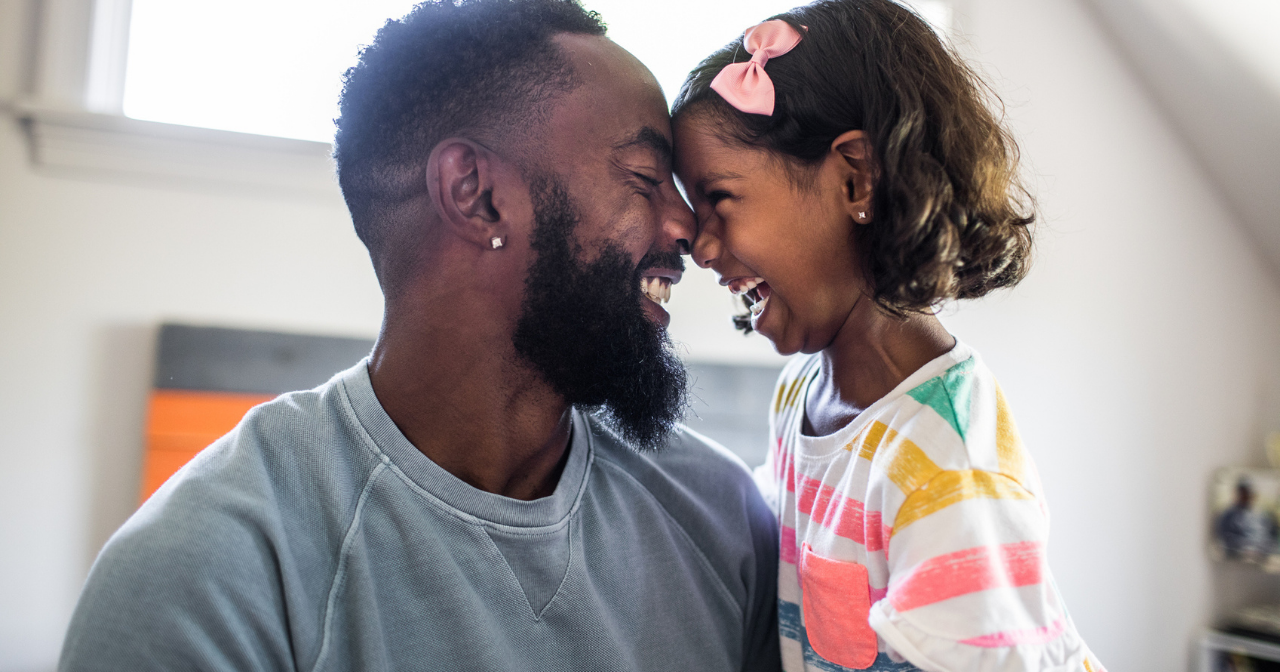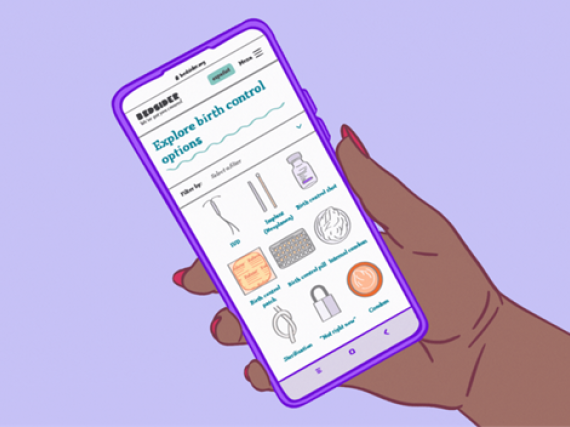A Single Parent’s Guide to Talking
Being a single parent can be challenging and overwhelming at times, but it’s important to remember that you’re not alone. If you’re seeking help, there are many resources you can look to for support. During Let’s Talk Month in October, we encourage you to talk to your child about sex, love, and relationships as well as topics related to sexuality and birth control.
Here are five things to take into consideration when talking to the young person in your life:
1. Be mindful of how your relationships/non-relationships with a significant other can affect your child’s future relationships:
When you’re a single parent whether you choose to date or not is important in the development of your child. Your relationship will affect how your child views and sees relationships. Whether you’re divorced, separated, or widowed, talking about it will help your child work through some of their own thoughts about what relationships look like. Children can experience trust issues, attachment issues, resentment, trauma, or emotional pain during this time. For this reason, having honest and open communication about your feelings towards your relationship with your significant other is important to have with your child. So, if you do decide to break it off – your child will have a better understanding of the change in both your lives because you were able to discuss how you felt ahead of time. Focusing conversations on what a healthy relationship looks like is so important.
Also, if your child doesn’t see you date or have any romantic relationships be open to having those discussions as well. Be honest about your decision and why being in a relationship didn’t work out for you. Just as children who do see their parents date, children who don’t can also misunderstand love, relationships, and marriage as they get older.
2. Make Time for ‘The Talk:’
Being a single parent can mean you have a lot on your plate. Whether you’re working a full-time job, several jobs, or going to school–all while having to take care of your child–you may feel like you don’t have time to have these discussions. For this month, we encourage you to make time before bed, during dinner, while watching a TV show, or brushing your teeth. Whatever time you have it’s important to speak to the young person in your life about sex, love, and relationships – as parents are the # 1 resource young people look to on information about sex. And remember, ‘the talk’ shouldn’t be a one-time thing. Start small and open the door for future conversations as your young person grows and has new experiences.
3. Trusted family members, friends, others to have the talk:
If you don’t have the time, don’t feel comfortable, or your child just doesn’t want to have the talk with you, don’t worry! Sometimes speaking to someone who isn’t a parent is just what your young person needs. Have a trusted family member, friend, or teacher help you. Making sure that they have these conversations with people that you trust is just as effective. Be okay with not having the talk and let your child know that you’re there for them if they change their mind.
4. Don’t be afraid/hesitant to start the conversation:
We all know having these conversations can be awkward. Whether you’re a single father navigating period talks, or a single mother noticing wet dream spots on your son’s sheets, take a deep breath. Many single parents are in the same boat as you. Remember that children are just as hesitant and nervous about discussing what’s going on with their body, sexuality, and relationships. If you’re transparent about how difficult it is to have this discussion, it may help your child come to you and not be as afraid to ask you questions about sex, love, and relationships. Make a joke about it, turn it into a game, have fun with it to take the pressure and awkwardness out of the room!
5. Provide resources – TV shows, books, articles, etc.:
Providing resources if you can’t get yourself to talk can also be a great way to start these discussions with your child. If you don’t know where to begin, that’s where we come in! We have a ton of resources such as conversation guides, a method explorer, videos, and talking prompts to help spark and inform these conversations. Also, there are plenty of TV shows that offer real life situations dealing with unintended pregnancies, how it feels to be a virgin, and identifying as LGBTQ+, as well as many great books that offer great advice. Doesn’t hurt to leave a book or two on the kitchen table.



